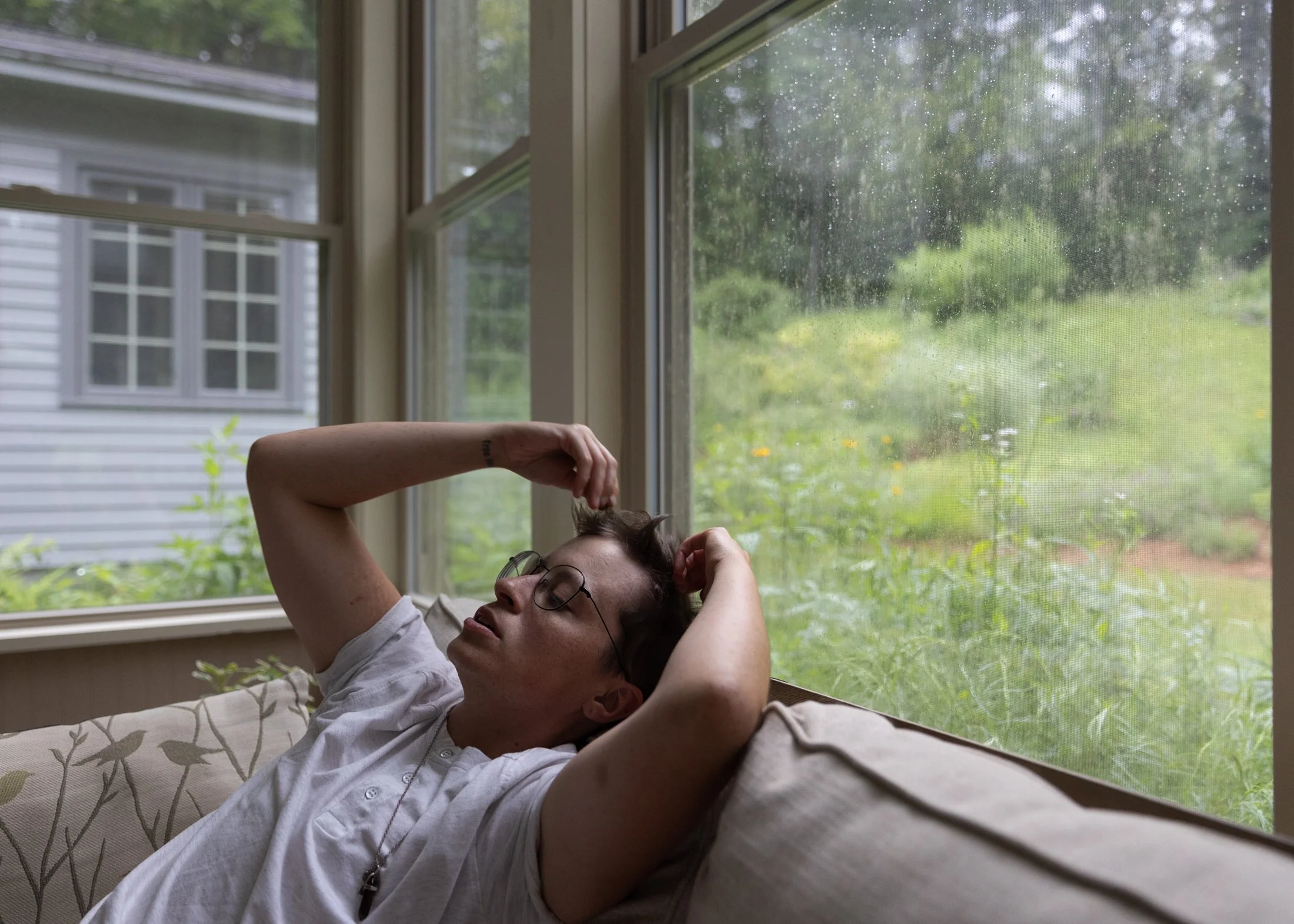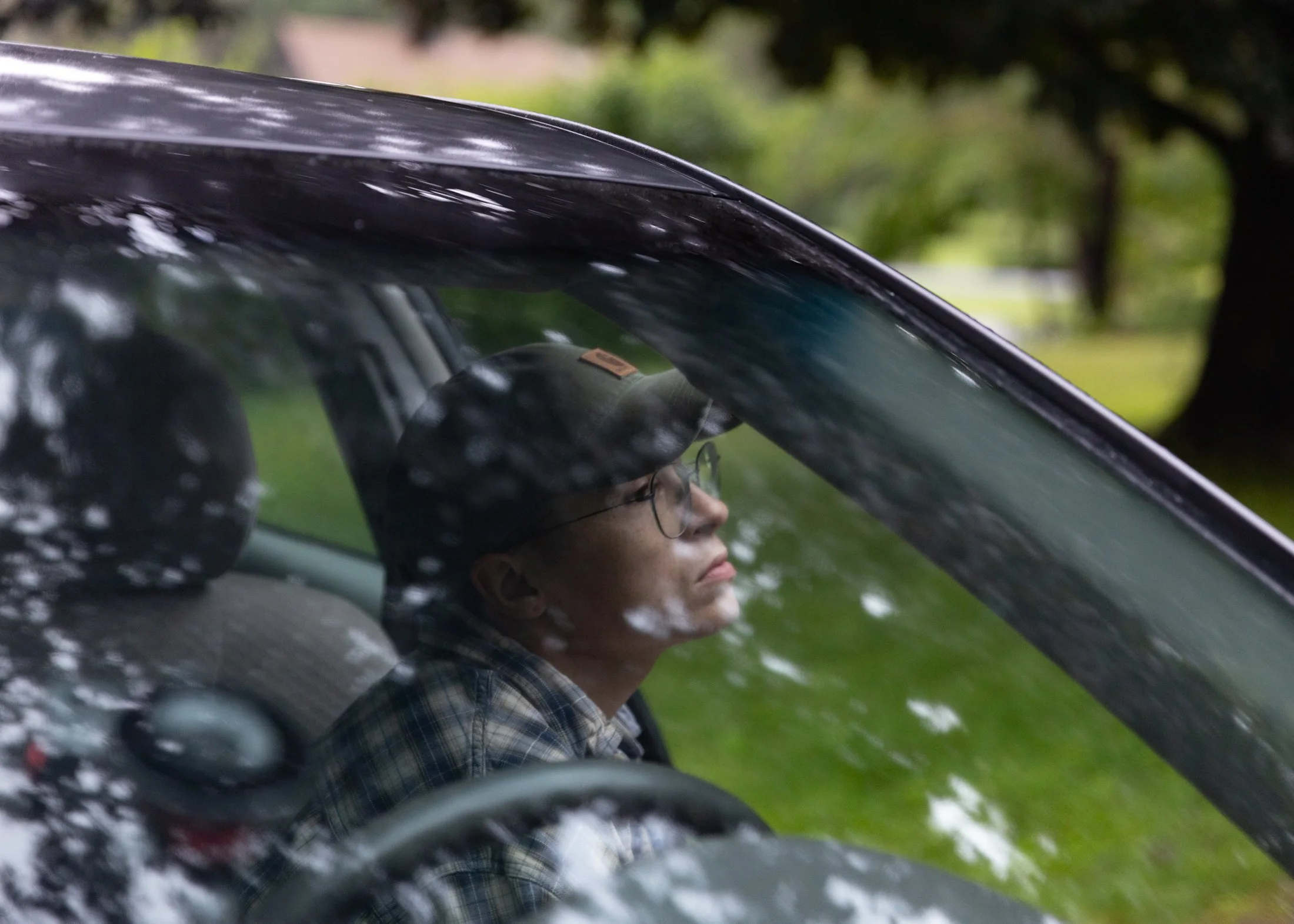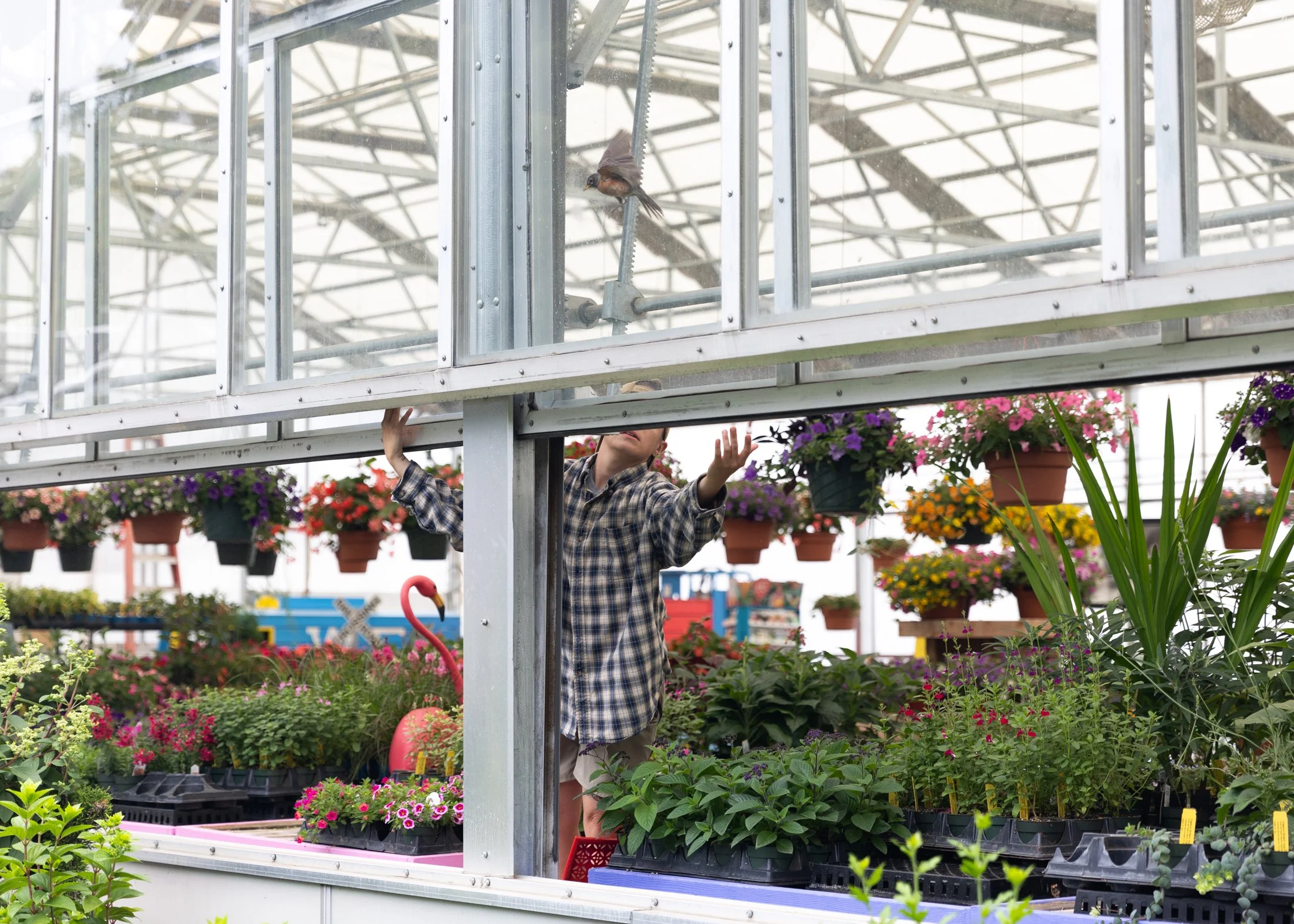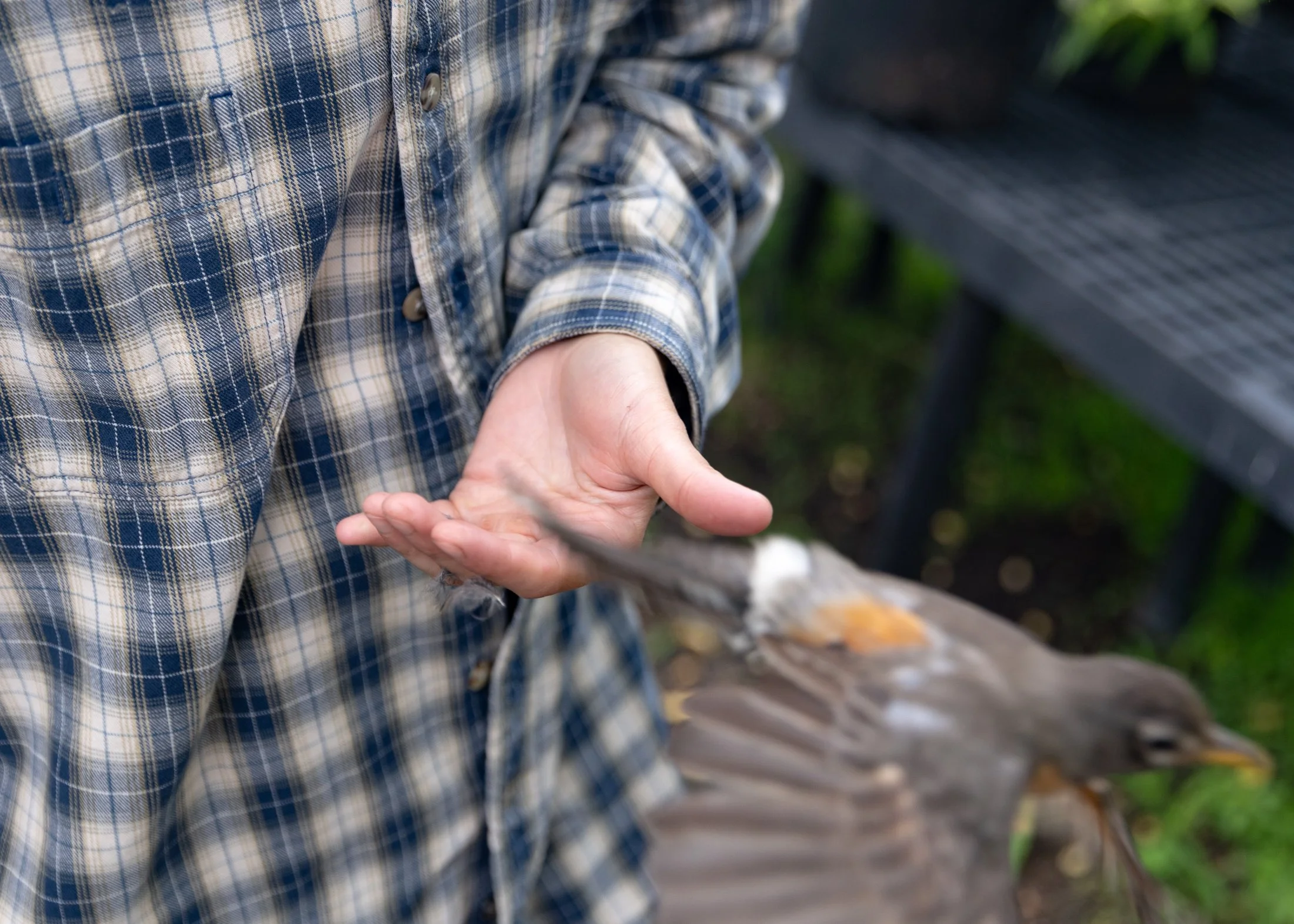Just Kee: pride in gender identity
A pride month story that rings true throughout the year
“Nonbinary, you can’t put a finger on that; that’s what I love about it. No nonbinary person is the same [in their gender expression], which is amazing,” said Kee Dwane, 30, who grew up around Keene and uses they/them pronouns. For a while they felt the pressure to identify as more masculine rather than nonbinary. They felt that nonbinary was just an “other” category, instead of a vast array of possibilities for gender expression. “People don’t realize, [being nonbinary] anyone can appear so different, there isn’t an aesthetic,” Kee said.
The first time Kee felt gender euphoria occurred as they were healing from their top surgery, a double mastectomy, in March 2020. At the time, they did not identify as nonbinary; the surgery helped them finally feel like their body matched their identity. Taking space during the pandemic, working in a welcoming space where coworkers supported the use of different pronouns and getting top surgery all combined in Kee realizing a more authentic gender identity and expression.
Now, they no longer experience gender dysphoria and are comfortable with how their clothes sit on their body — a feeling they were not able to achieve with chest binding.
When Kee’s dad died last November while they were living in Nashville, they decided to move back to New England and began working at Walker Farm in Dummerston, Vt. There was some familiarity in returning to the farm earlier this year, a place they worked briefly when they were 20. For Kee, the welcoming environment felt like coming home.
Growing up, Kee did not see queer people in the community, nor did they have the language to be curious about and explore what it means to be nonbinary. Now, living again in New England and working on the farm gives them the opportunity to feel safe and be a visible member of the queer community for younger people.
“I don’t mind [when people look at me] because I know that I am a conundrum, I love when people get confused by me. I spent 27 years of my life trying to figure myself out and now y’all can figure it out,” said Kee. They frequently advised parents in the community who approached them asking questions about their child’s identity.
While surgery helped Kee, taking testosterone did not. But this, they emphasized, may not be the path for others, for whom hormones are part of gender-affirming care. Kee notes that each person's experience is different, and they encourage parents to listen to their children about their needs as well as to research available options.
Working outside in nature, with their hands in the soil and animals around the farm is a form of therapy for Kee. Social media fuels a strong feeling of disconnect from nature for them, so they revel in the ability to go outside somewhere quiet and reset. They appreciate the nature of the animals they encounter on the farm because of their "kind souls" and lack of judgment for those who love them.
Pride month comes each year with complicated emotions for Kee. The 30-day celebration of queer identity concludes on their birthday, June 30. Year after year, they would see resounding support for the queer community that somehow came to a blinding halt the next day. Kee, who was once excited that their birthday was encompassed by the month of Pride, now feels that it only marks a temporary time of support for the queer community. Something that should celebrate queer lives, they feel, is now a box for corporations to pack their allyship into.
Kee went to their first Pride in Tennessee last year, when they had a more robust community of queer people in their lives than they currently do. “I love that people go to it and it makes others feel loved — but I am the person that thinks [that queer people] exist all the time and that it’s important all the time,” said Kee. In the wake of anti-drag and anti-trans bills around the country and in the state they moved from, they hope that queer people are supported and protected year-round.
Kee spent the majority of their life in the church, hoping to be someone that younger queer people struggling with gender and sexuality could talk to, like they’d hoped for themselves growing up. With this goal in mind, they stayed in the church long after they felt supported. At the onset of their journey with gender expression, Kee thought that they had be more masculine to justify their attraction to women. “Because of societal pressures of being a man or a woman, there’s certain things that people feel like they need to be enough of, but being nonbinary [there’s a lack of definition that is freeing],” they said.
In their own gender journey, Kee hopes that younger trans people understand they don’t have to medically transition if they don’t want to. There are many ways to be queer and trans, which is why Kee values their specific gender expression. They let go of how they felt they had to be seen, even within the community, relieved that there is no one way to be nonbinary.







